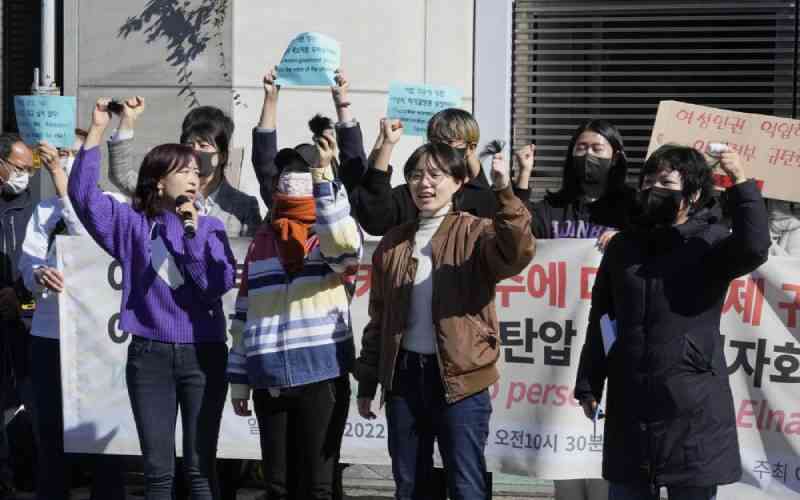
Iranian climber Elnaz Rekabi returned to Tehran early Wednesday after competing in South Korea without wearing a headscarf, an act widely seen as support for anti-government demonstrators amid weeks of protests over the Islamic Republic's mandatory hijab.
After landing, Rekabi gave a careful, emotionless interview to Iran's hard-line state television, saying that going without a hijab had been an "unintentional" act on her part. However, hundreds gathered outside Imam Khomeini International Airport - including women not wearing the hijab - and cheered for "Elnaz the Champion," casting Rekabi as an inspiration for their continued protests.